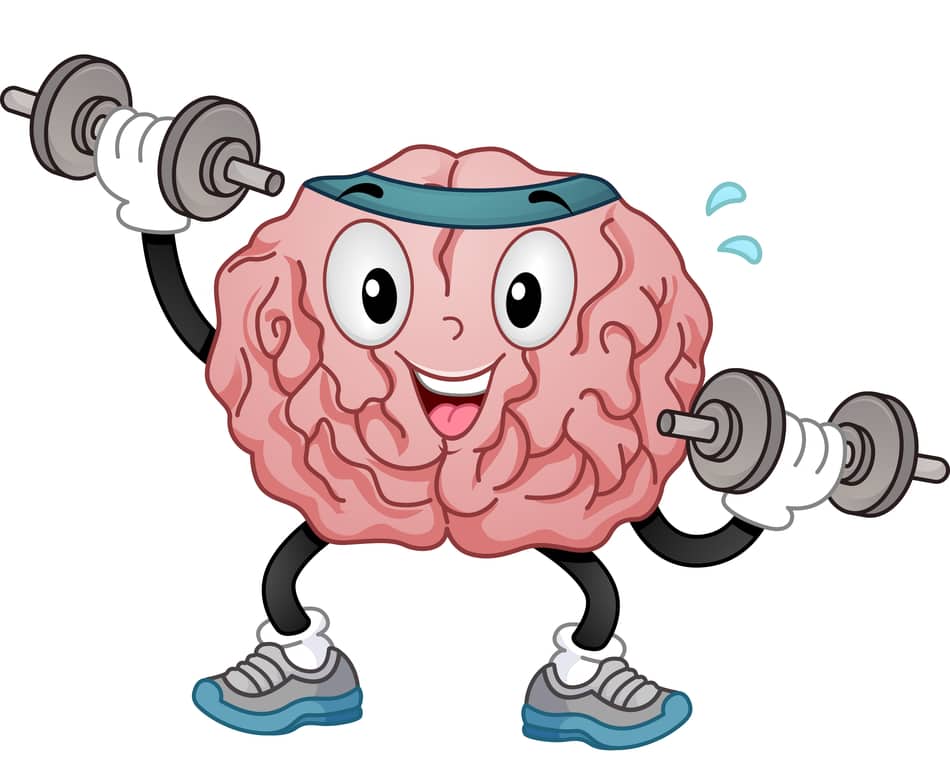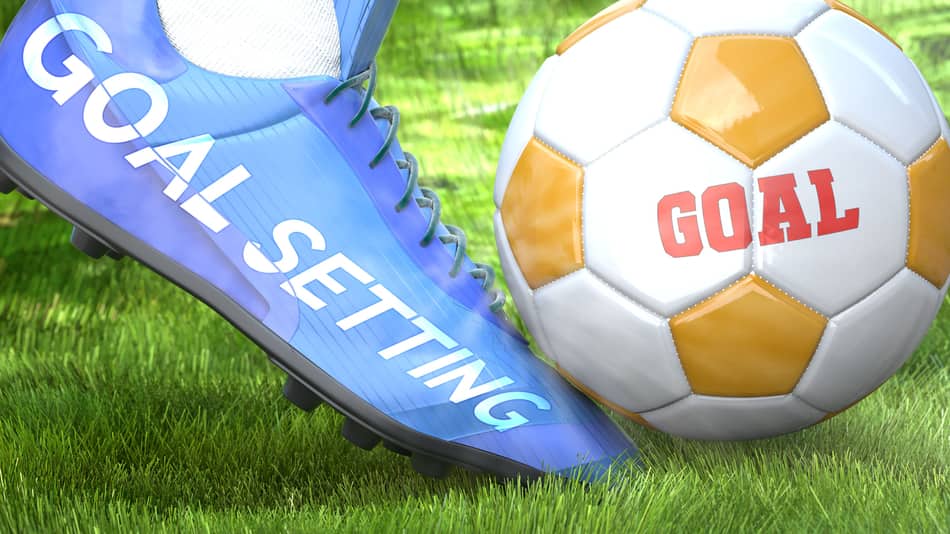The first time I came across a sports psychologist was many years ago as a professional player and then later whilst studying sports psychology at University, as part of a sports degree.

A sport psychologist, also known as sport and exercise psychologist, is someone who scientifically examines an individual’s actions in a sport or exercise activity and then applies that knowledge in a practical setting to help an athlete elevate their performance level.1
The premise helps us understand what a sport psychologist is, so we will now explore what a sports psychologist actually does.
During my research I found that there are two types of sports psychology
- Clinical sport psychology
- Educational sport psychology
So let’s quickly understand the difference between clinical and education sports psychology before seeing what sports psychology looks like in practice.
The difference between a clinical and educational sports psychologist
In short, a clinical sports psychologist is equipped to attend to any emotional disorders that an athlete might have, such as depression, eating disorders and substance abuse.2
In contrast, an educational sports psychologist is trained in understanding the psychology of human movement in a sporting environment3 and are often referred to as “mental coaches”.

Both disciplines require in-depth knowledge of psychology as well as exercise and sport science.
What do sports psychologists do?
“For me, sports psychology is about helping professional sportspeople to improve their performance: supporting people and behaviours, the way they think, the way they behave.”
John Smith, Experienced Sport Psychologist in the Premier League
In general a sports psychologist will always create a profile of each individual player, normally when they first join a club. This will include such details as a player’s upbringing and current family situation etc.
A sports psychologist will work with players in groups to work on group processes:
- Group and team dynamics
- Group cohesion
- Leadership
- Communication
Whilst also working with players in a one-to-one setting that may focus on the cognitive behaviours that affect performances.
These behaviours may include concentration and emotion.
To create positive cognitive behaviours, sport psychologists will use mental training strategies, also known as Psychological Skills Training (PST).
What type of mental training strategies might a sports psychologist use?

Sports psychologist strategies may include some of the following:
- Imagery
- Goal setting
- Pre-performance routines
- Concentration training
- Arousal regulation
- Confidence enhancement
Many sports psychologists, who work for professional football clubs, are also qualified football coaches as well.
This gives them a greater understanding of how a sports psychologist can actually help players in a practical sense, but also shows that coaches take a keen interest in sports psychology to aid their overall coaching ability.
So if you are interested in learning more about what a sports psychology, here are a few topics that we will cover in this blog:
- Does a sport psychologist work with players on or off the pitch?
- A typical day of a sport psychologist
- How do you become a sports psychologist
- How much do sports psychologists earn
Does a sport psychologist work with players on or off the pitch?

Sports psychologists can work with players both on and off the training field.
Mental training on the pitch and the type of training may be dependent on the manager’s approval or the sports psychologist’s football coaching qualifications.
What is a typical day for a sport psychologist?
08:00am – Arrive at the club
– Have breakfast whilst discussing the day ahead with colleagues
09:00am – Staff or player meetings
10:30am – Players are training so time is spent watching training, speaking with injured players, in the physio room or the gym, or working on projects
12:30pm – Lunch
Afternoon – Time spent with players to try and influence their mindset
– Staff meetings / meeting with academy director / player care duties or working with the analysis team to analyse a player’s performance17:30pm – Finish for the day (but still available for emails and phone calls) unless there is a midweek game.
This example of a typical day for a sports psychologist is from an individual that worked for a Premier League club and shared his standard day
In general the following steps are needed in most countries:
- Complete undergraduate degree in psychology or a connected field
- Gain a graduate degree
- Earn a masters degree
- Further study and work experience (under supervision)
Obviously the steps, as well as further requirements, do depend on which country you live in so please check for further details in relation to your country of residency.
U.S.A – The American Board of Psychology (ABP) U.K – British Psychology Society (BPS)
How much do sports psychologists earn?
| Starting / Early Career | More experienced | 10 Yrs + Experienced | |
| U.K | £20,000 – £22,000 | £27,000 – £37,000 | £48,000 + |
| U.S.A | $70,142 | $75,000 | $92,903 |
References
- Gill, D.L., Williams, L. and Reifsteck, E.J., 2017. Psychological dynamics of sport and exercise. Human Kinetics
- Weinberg and Gould (2015) Foundations of Sport and Exercise Psychology, Human Kinetics, Champaign, Illinois
- Weinberg and Gould (2015) Foundations of Sport and Exercise Psychology, Human Kinetics, Champaign, Illinois
